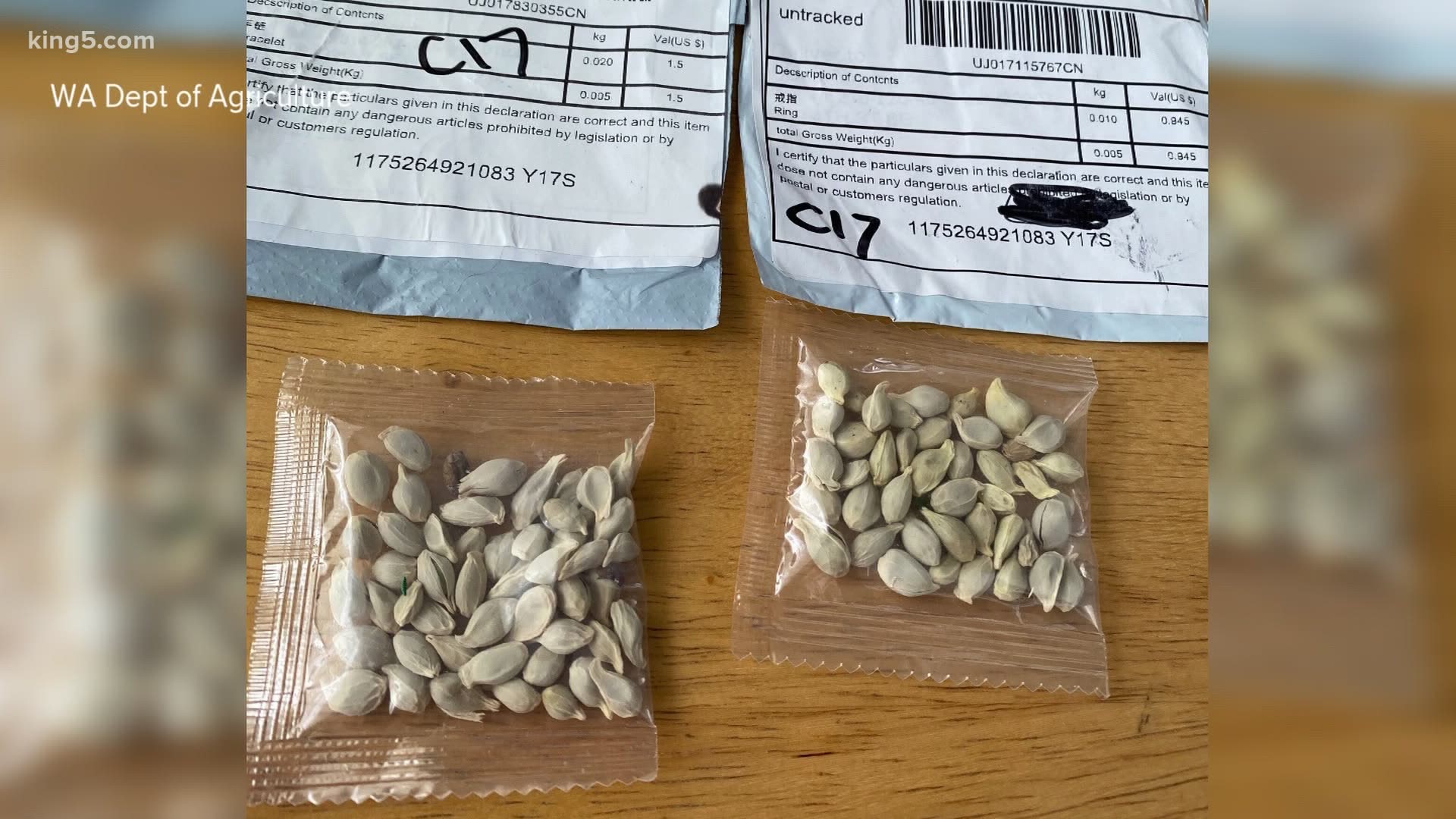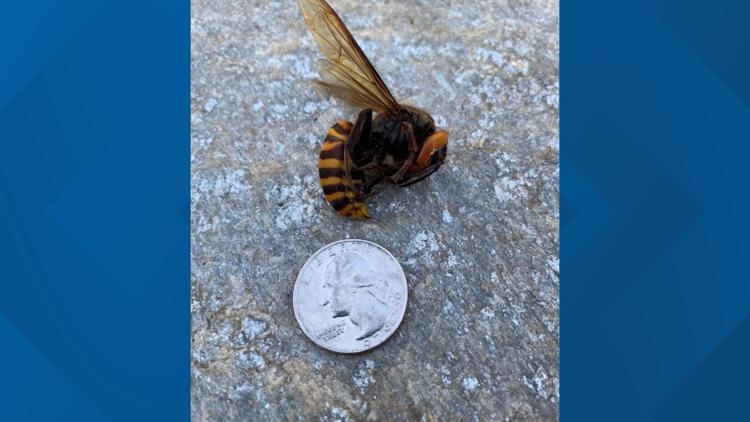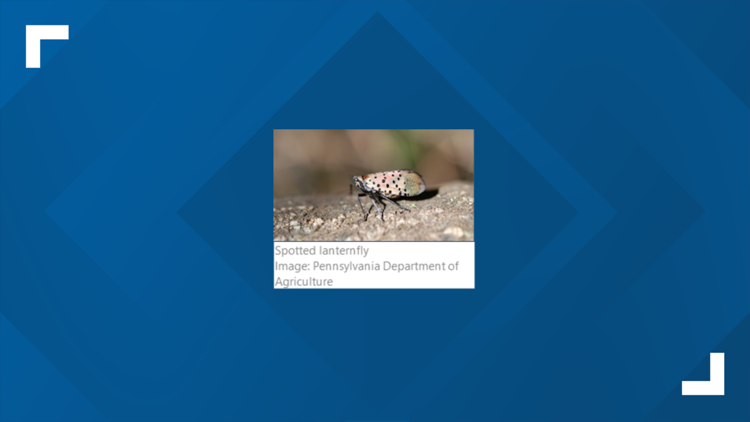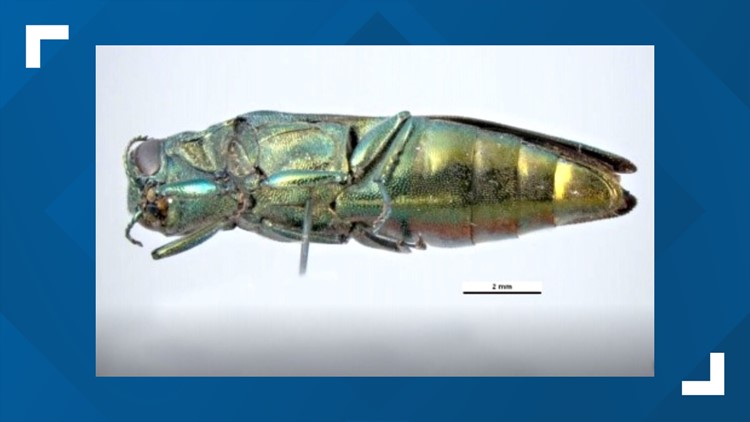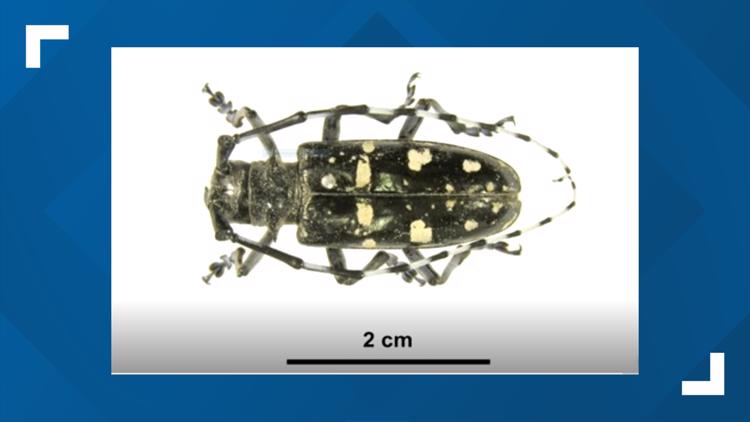At least a dozen people in Washington State have received mysterious packages of seeds from China in the mail. That news from the Washington State Department of Agriculture, saying the packages were showing up unsolicited.
At least seven other states have also reported unsolicited packages of seeds showing up in the mail.
According to the Washington Invasive Species Council, the unidentified seeds could be an invasive species.
“This could be the next noxious weed invading the state of Washington,” said Justin Bush, coordinator for the Washington Invasive Species Council.
The state agriculture department posted reasons on its blog that planting the mystery seeds could be risky.
- They could become invasive and outcompete native plants and are not allowed in the state.
- They could harbor pests and diseases for which native plants have no defense. An outbreak of pests or disease could devastate the native plants.
- The plants could be toxic to livestock and other animals, including humans.
U.S.Department of Agriculture says it is working with the Department of Homeland Security to try to stop the mailings.
“USDA’s Animal and Plant Health Inspection Service (APHIS) is aware that people across the country have received unsolicited packages of seed from China in recent days," the agency posted on its website. " APHIS is working closely with the Department of Homeland Security’s Customs and Border Protection and State departments of agriculture to prevent the unlawful entry of prohibited seeds and protect U.S. agriculture from invasive pests and noxious weeds.”
If you received one of the packages, what do you do? A spokesman for the Washington State Department of Agriculture says to put the plants into a sealable plastic bag and throw them into the trash.
If you’ve planted them, dig them up and also place into a bag and put in the trash. Do not put them into compost, yard waste or recycling bin.
The issue of invasive species gained a very public profile with this year’s discovery of Asian Giant Hornets in Whatcom County.
The hornets can wipe out entire hives of honey bees. And for the first time, the species council is asking people to check their trees for unusual insects and insect damage and report their findings to the council.
Bush says private citizens first discovered the hornets, and in August, the council is asking people to check their trees for invasive species and insect damage and report that to them.
Washington state residents can report invasive species on this website.
Anyone outside of Washington State who receives an unsolicited package of seeds from China or other countries should contact their state plant regulatory official or United States Department of Agriculture Animal and Plant Health Inspection Service plant health director.
More than just hornets
It's more than just the Asian Giant Hornet. The Washington Invasive Species Council and the Washington Department of Natural Resources (DNR) are asking the public to check trees in their communities for invasive insects, especially the following four:
Invasive Longhorned Beetle: This beetle is destructive to hardwood trees. While it is not known to be established in Washington currently, it has been found in the past and swift action prevented millions of dollars of damage.
Emerald Ash Borer: A small wood-boring beetle spreading westward from the eastern United States. It is not yet known to be in Washington state.
Spotted Lanternfly: This insect feeds on sap from a number of trees, including apples, cherries, grapes, plums and walnut. It also feeds on hops, a major Washington agricultural good It has been found in California on goods coming from the eastern United States where it is established.
Asian Giant Hornet: This hornet kills honeybees. While it tends to leave humans alone, it will attack to defend its colony. It can sting multiple times and has powerful venom that can inflict serious injury, or in some cases, death.
Invasive insects

